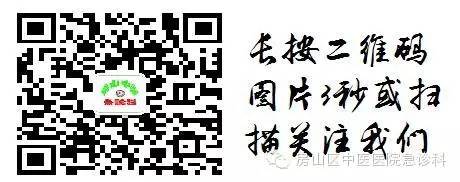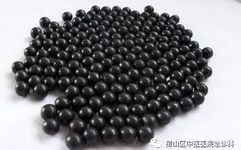The term “formulation” refers to the preparation forms of Traditional Chinese Medicine (TCM) prescriptions. Over time, due to the accumulation of therapeutic experience and the needs of clinical diagnosis and treatment, TCM prescriptions have developed various forms such as decoctions, wines, teas, tinctures, pills, powders, pastes, pellets, tablets, and gels, as well as strips and threads for both internal and external use.
Pills are made by grinding the medicinal ingredients into a fine powder, which is then mixed with water, honey, dough, rice paste, medicinal juice, beeswax, or other binding agents to form pills of varying sizes, such as Liu Wei Di Huang Wan (Six-Ingredient Rehmannia Pill). The term “pill” implies a slow release; clinically, they are generally suitable for the regulation of chronic or deficiency-type conditions. However, certain toxic or aromatic herbs can also be made into pills for treating acute conditions, such as Bei Ji Wan (Emergency Pill) and Su He Xiang Wan (Liquid Amber Pill).
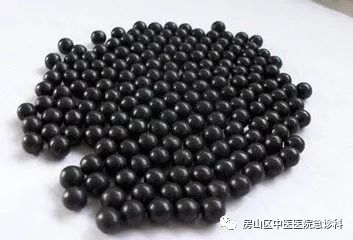
Water pills, also known as Shui Fan Wan, are small spherical pills made by using cold boiled water, medicinal juice, or other liquids as a binding (moistening) agent for the finely powdered herbs. Water pills developed from decoctions. Initially, they were made by combining a portion of the medicinal decoction with another portion of the powdered herbs using a drop-water method to form pills for oral administration. Over time, this evolved to use various water-soluble liquids as binding agents, creating small pills from all or part of the powdered herbs using the fan method. The resulting pills are small, with a dense and smooth surface, making them easy to swallow and resistant to moisture, which is beneficial for storage.
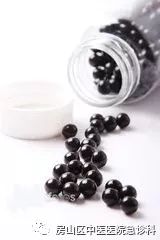
Gao Yan, Chief Physician of Internal Medicine in TCM, and Director of the Emergency Department, has been engaged in TCM clinical work for over 20 years. He studied under the renowned TCM physician Du Huaitang at the Dongzhimen Hospital of Beijing University of Chinese Medicine. He has undergone further training at various tertiary hospitals such as Dongzhimen Hospital, Tiantan Hospital, and Friendship Hospital. He specializes in treating TCM spleen and stomach diseases, acute febrile diseases, and various acute and chronic conditions, adept at using water pills to regulate various chronic internal diseases, and has rich experience in clinical emergencies.
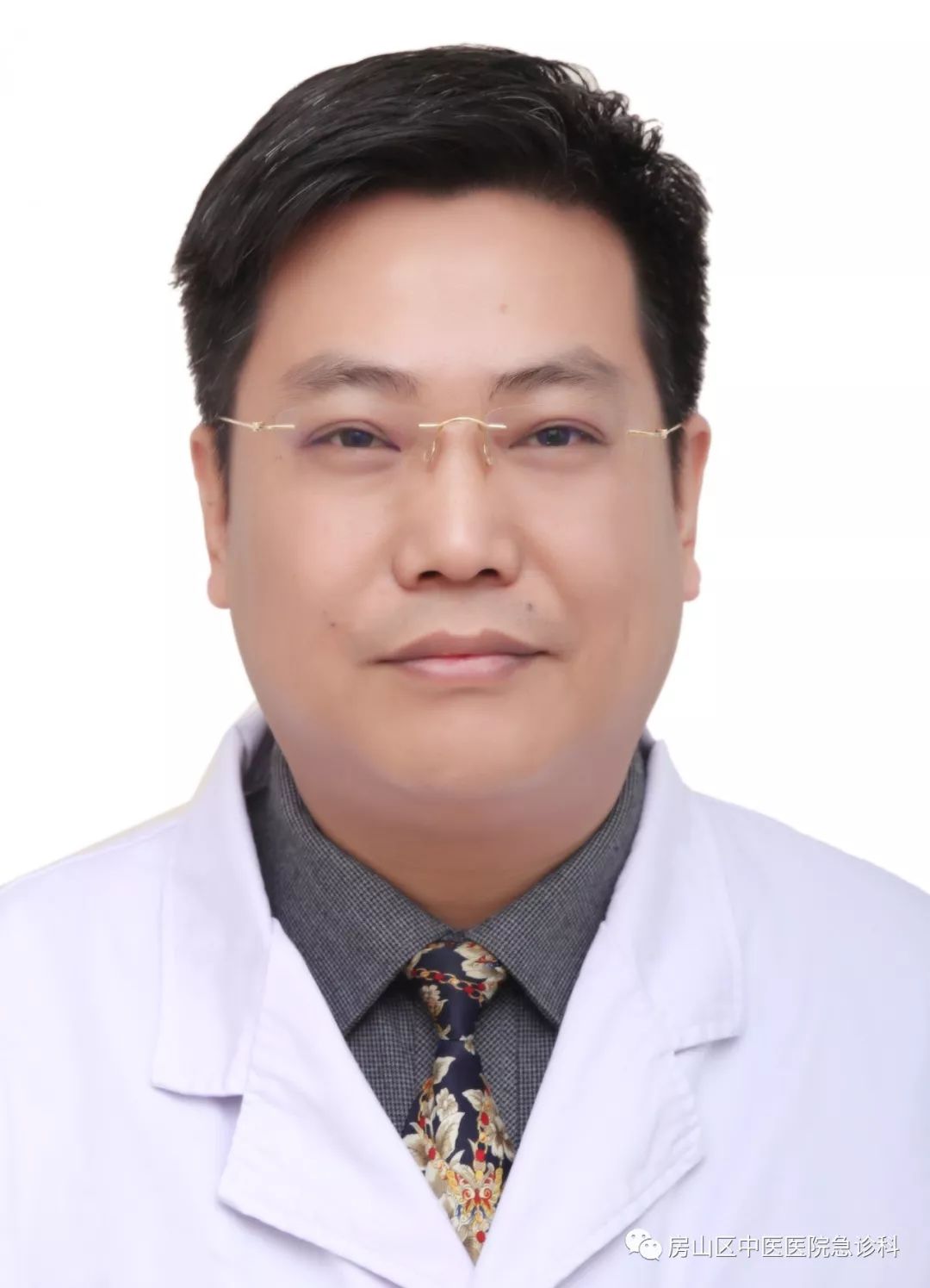
Chief Physician Gao Yan’s consultation hours: Monday and Thursday all day
